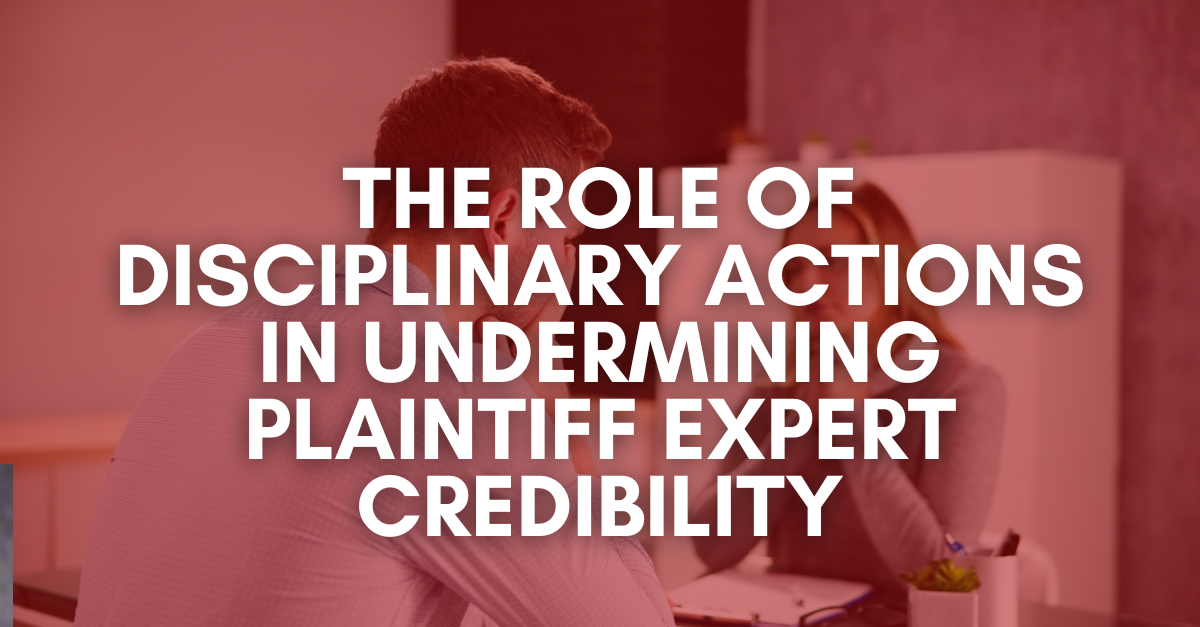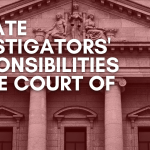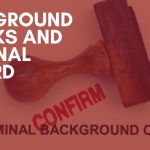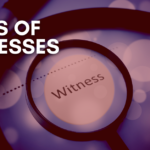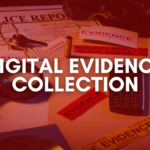In civil litigation, the credibility of expert witnesses can heavily influence the outcome of a case. Plaintiff experts, brought in to support claims, are often seen as impartial authorities whose opinions carry significant weight. However, uncovering any history of disciplinary actions against these experts can be a powerful strategy for defense attorneys. Such actions can significantly undermine the expert’s credibility, casting doubt on their integrity and reliability. Here, we explore the critical role of disciplinary actions in discrediting plaintiff experts and how defense attorneys can effectively leverage this information.
Understanding Disciplinary Actions
Disciplinary actions are formal reprimands or sanctions imposed by professional boards, licensing authorities, or other regulatory bodies. These actions typically arise from violations of professional standards, ethical breaches, or other forms of misconduct. They can range from fines and censures to license suspensions or revocations.
Why Disciplinary Actions Matter
- Credibility and Trustworthiness: A history of disciplinary actions directly impacts an expert’s perceived credibility. If an expert has faced sanctions for unethical behavior, their trustworthiness as a witness is significantly compromised.
- Questionable Ethics: Disciplinary actions often stem from ethical violations, such as falsifying data, misrepresenting qualifications, or engaging in fraudulent activities. These violations suggest a propensity for dishonesty, which can cast doubt on the expert’s testimony.
- Professional Competence: Sanctions related to incompetence or substandard practice raise questions about the expert’s professional abilities. If an expert has been disciplined for inadequate performance, their conclusions in a legal case can be challenged on the grounds of insufficient expertise.
Strategies for Utilizing Disciplinary Actions in Defense
- Conduct Thorough Background Checks: Defense attorneys should start with comprehensive background checks to uncover any disciplinary actions against the plaintiff expert. This involves checking with professional licensing boards, regulatory agencies, and professional associations.
- Highlighting in Cross-Examination: During cross-examination, defense attorneys can bring up the expert’s history of disciplinary actions to question their credibility and integrity. By presenting documented evidence of past misconduct, attorneys can effectively cast doubt on the expert’s reliability.
- Comparing with Professional Standards: Defense attorneys can compare the expert’s past violations with current professional standards to emphasize the severity of the misconduct. This approach helps the jury understand the gravity of the ethical breaches and their implications for the case.
- Presenting Alternative Experts: Introducing testimony from alternative experts who have unblemished records can further undermine the credibility of the plaintiff’s expert. A contrast between the plaintiff expert’s disciplinary history and the defense expert’s clean record can be compelling.
- Leveraging Public Records and Databases: Utilize public records and professional databases to gather detailed information on the disciplinary actions. Providing the jury with concrete evidence from reputable sources enhances the impact of this strategy.
The Impact on Insurance Companies
For insurance companies that insure medical professionals, uncovering disciplinary actions against plaintiff experts is particularly vital. Successfully discrediting these experts can lead to favorable case outcomes, reducing liability and financial exposure. Insurance companies benefit from thorough vetting of plaintiff experts to ensure robust defense strategies.
Disciplinary actions play a crucial role in undermining the credibility of plaintiff experts. By highlighting past misconduct, defense attorneys can effectively challenge the reliability and integrity of these witnesses. Comprehensive background checks, strategic cross-examinations, and the presentation of alternative experts with clean records are key tactics in leveraging disciplinary actions. This approach not only strengthens the defense case but also ensures a more balanced and fair trial process.

